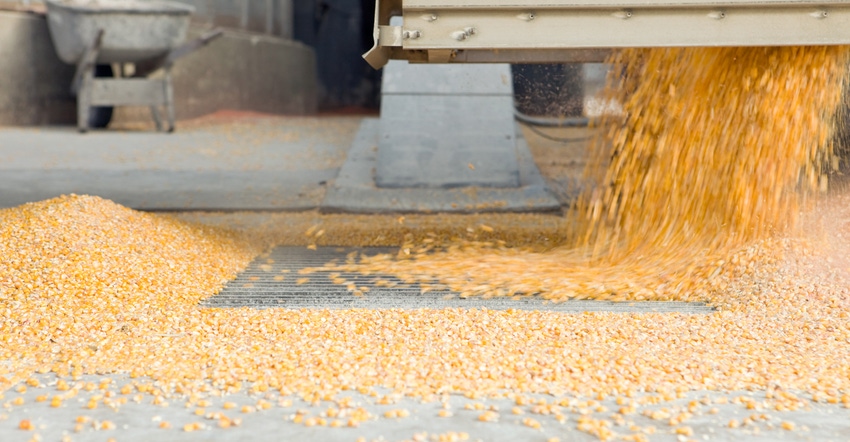August 9, 2021

Suppose a check bounces from an elevator. The company replaces it with a good check. Is that anything to worry about?
If you didn’t answer with confidence, read on to see what Bruce Kettler, director of the Indiana Department of Agriculture, says in this exclusive interview. The Indiana Grain Buyers and Warehouse Licensing Agency is housed within ISDA.
How can growers know they’re dealing with a reputable elevator? Make sure they have their grain buyer’s license issued by the Indiana grain warehousing agency within ISDA posted prominently in their facility. Normally, you know who you’re working with and may have a long-term relationship. But you still should not be embarrassed to ask to see their license if it isn’t visible. Licenses are renewed annually by the Indiana Grain Buyers and Warehouse Licensing Agency. Elevators must meet certain financial criteria to get or renew licenses.
Related: Grain regulation changes underway in Indiana
Where elevator failures have occurred, some contend they aren’t reviewed frequently enough. How often do inspectors visit and do financial reviews? Our goal is to review every licensee at least annually. There is no requirement stating it must be that often, but that is our goal, depending on staffing and funding. If a licensee has problems, we may do a review more than once per year.
How can a farmer tell if an elevator is OK financially? Obviously, make sure they still have a valid license. Due to privacy laws, if you call the agency, they can tell you if the elevator has a valid license or not, and that’s it. There are some things we aren’t allowed by law to discuss.
However, I urge farmers to pay attention, and if something doesn’t seem right, let the agency know. Maybe it’s a bounced check or maybe the elevator is always slow issuing checks. Those could be signs.
Related: New law doesn’t solve all issues related to grain indemnity fund
Farmers rub shoulders with some of these people and are hesitant to report a problem to a state agency. What is gained if they report it? I understand where they’re coming from. However, by sharing this information with us, it allows us to begin looking for a pattern. For example, if we get calls about an elevator issuing bad checks, we know it’s time to follow up. Even if we have only received one call, we’re going to look into it. We can’t be everywhere at once, and it helps if people let us know.
You can do it confidentially. The information you provide will not be given to the licensee. You can call the grain buyers hotline at 317-232-1360 or do it at [email protected].
What if the agency hasn’t heard anything about a business, but in a review or license renewal process there are issues meeting certain financial requirements. What happens then? There are penalties that can be assessed, and they are stiffer under the updated law. Also, the agency has discretion in assessing those penalties. If it’s the first time an elevator has a problem, and it appears to be fixable, the agency may choose to make recommendations and then do another review later. If problems continue, then penalties could be assessed, or other action taken.
Comments? Email [email protected].
You May Also Like




